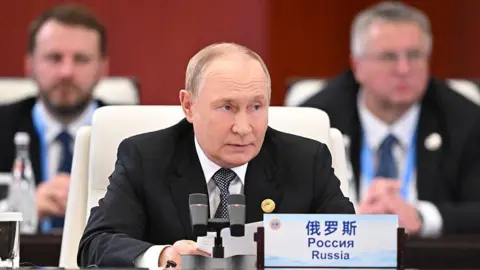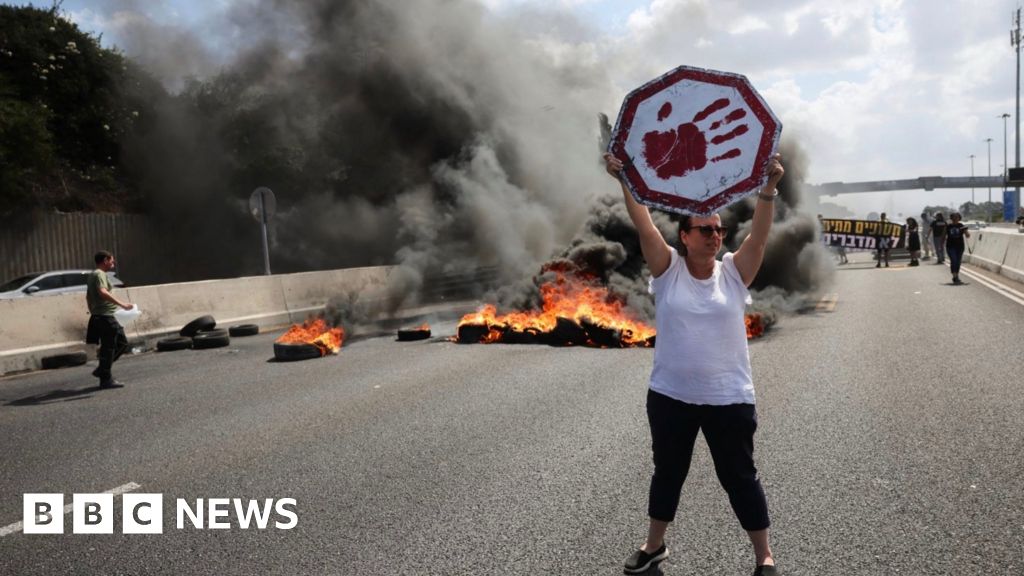As President Trump touched down in the Netherlands for the vital NATO summit, he was apprehensive about maintaining the frail cease-fire between Israel and Iran. Trump's recent military strikes on Iranian nuclear facilities were supposed to be his crowning achievement, aimed at showcasing his assertiveness compared to past presidents. However, shortly after his arrival, a troubling intelligence report emerged from the Pentagon, challenging his characterizations of the strikes as “obliterating” Iran's nuclear ambitions.
The preliminary findings of the leaked report, which surfaced just as the President was preparing to tout his military success, concluded that the strikes only delayed Iran's nuclear program by a few months. Sources indicated that Trump had been keen to promote the narrative of a decisive victory even before receiving detailed battle assessments, leading to an atmosphere of concern within the administration.
While Trump had hoped to bask in the praise of NATO allies—particularly from Mark Rutte, the alliance's secretary-general who complimented him for his bold actions—this new revelation threatened to spoil his plans. Rutte’s earlier message highlighted the extraordinary nature of Trump's actions, suggesting it made the world "safer." Nevertheless, with a critical report undermining Trump's narrative, the expected celebration appeared dimmed.
The gathering was also marked by discussions of defense spending, with nations agreeing to aim for 5 percent of their GDP on defense spending over the next decade. However, amidst these discussions, the fallout from the intelligence leak raised questions about the effectiveness of U.S. military interventions and the broader implications for international relations in an increasingly unstable geopolitical landscape.




















